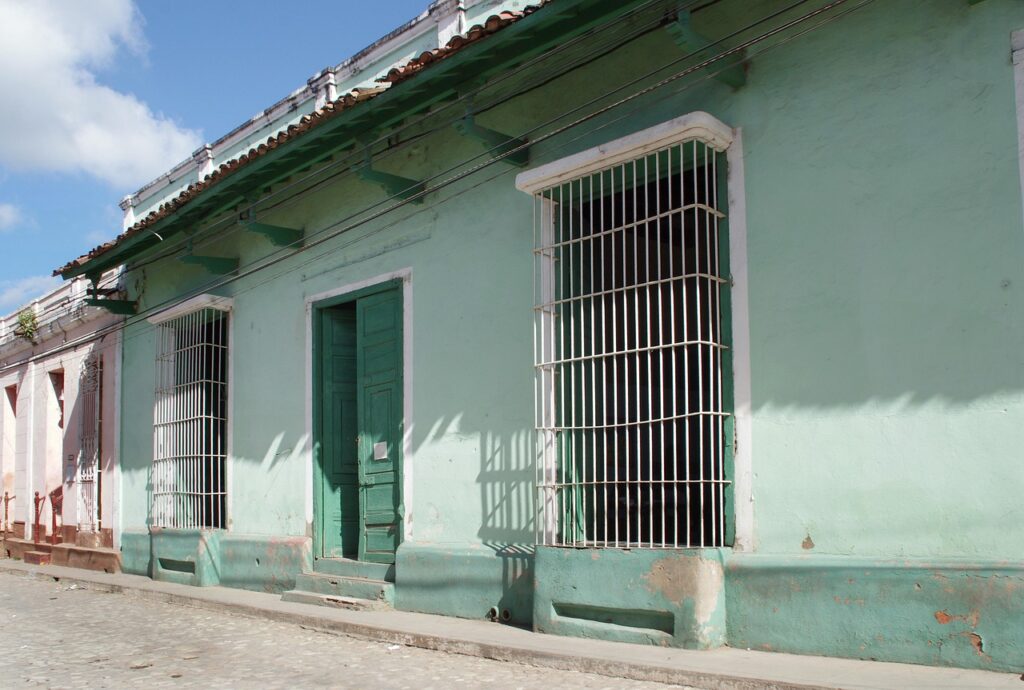Censorship in Cuba is a topic that often remains as invisible as the traces of censorship themselves, hidden behind the pleasant imagery of cigarros, salsa and the Caribbean climate. With the 1959 revolution, when Fidel Castro took power and established a socialist regime, Cuban literature and culture became subject to strict state and socialist guidelines. As early as 1960, newspapers were forced to take a pro-revolutionary political position. In his address to the country’s intellectuals, Fidel Castro laid down the cultural rules of the game: “Dentro de la Revolución, todo; contra la Revolución, nada” (“Within the revolution, everything; against the revolution, nothing”). This marked the beginning of systematic censorship. In the years that followed, state control intensified further and to this day critical voices are systematically suppressed.
The regime was particularly brutal during the ‘Black Spring’ of 2003, when numerous independent journalists and authors were arrested. Even under Raúl Castro, who ruled from 2008 to 2018, censorship remained a central strategy of the government to shape the country’s population according to a socialist program. Although a new president, Miguel Díaz-Canel, has been in office since 2018, the situation for writers critical of the political status quo has not improved.
Our project sheds light on this often hidden, never openly admitted censorship, especially under the rule of Fidel Castro. Fates such as that of the author Reinaldo Arenas are exemplary of the repression and censorship at the time: Reinaldo Arenas was censored not only because of his criticism of the regime, but also because of his homosexuality. Despite an explicit ban on leaving the country, he managed to escape in 1980 by making a small change to the spelling of his name in his handwritten passport: “Reynaldo Arinas”.
The prevailing censorship in and digital isolation of Cuba presented us, a team of student researchers from the University of Kassel, with major challenges. Nevertheless, our research led us to many Cuban authors who, or whose works, have been censored. One of them is Amir Valle, a Cuban author whose works are neither published nor distributed in the Island state. According to Amir Valle’s own statements, his work “Habana Babilonia” won a prize in the “Testimonio” category at the Casa de las Américas awards ceremony in Cuba in 1997. However, the prize was withdrawn and declared invalid before the official announcement of the award. A copy of the unpublished book was stolen from the offices of the Casa de las Américas and circulated on the Cuban internet. In 2004, Fidel Castro spoke about the book and insulted Amir Valle. This triggered a wave of outrage and thousands of Cuban people sought out the book to read it in secret.
We thank Amir Valle and all the people who worked with us to make censorship in Cuba more visible.
Die Kasseler Liste, April 2025
